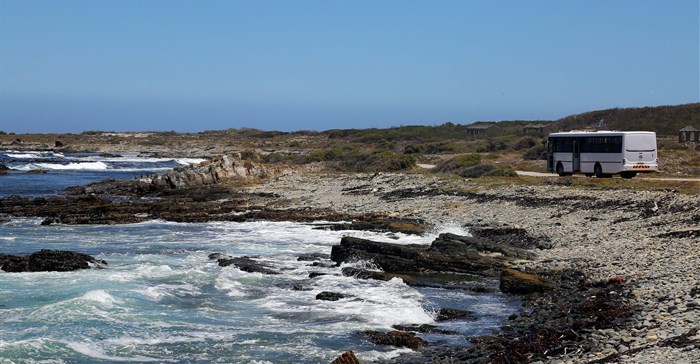
Top stories





Energy & MiningGlencore's Astron Energy gears up with new tanker amidst Sars dispute
Wendell Roelf 13 hours

More news

















Logistics & Transport
Uganda plans new rail link to Tanzania for mineral export boost











“Robben Island has a diverse coastal and underwater ecosystem that is home to many indigenous species, some of which are endangered, and all of which require protection,” says Sabelo Madlala, head of environmental management at Robben Island Museum (RIM). “Robben Island has abundant underwater resources and an abalone population that has been subjected to rampant poaching. As an MPA, Robben Island will enjoy additional protection while we continue to welcome visitors,” adds Madlala.
In South Africa, MPAs are now declared through the National Environmental Management: Protected Areas Act. According to the Act, an MPA is an area of coastline or ocean that is specially protected for the benefit of people and nature. “As a globally recognised heritage site, Robben Island is committed to promoting and implementing initiatives toward sustainable tourism,” says Morongoa Ramaboa, spokesperson at RIM. “We want future generations to experience the same level of rich environmental and cultural diversity as visitors can experience today,” adds Ramaboa.
“Robben Island MPA will make provisions for restricted areas where certain activities are prohibited and other activities regulated,” says Madlala. “This means that there will be increased enforcement of any crayfish, snoek, yellow tail or abalone poaching, as these activities will not be tolerated by law enforcement,” adds Madlala.
“We would like to encourage all visitors to do their part to help us comply as an MPA. Please do not litter, make use of our waste and recycling facilities on the island. A clean coastal environment free of plastics contributes to the conservation of the many indigenous species,” says Ramaboa.